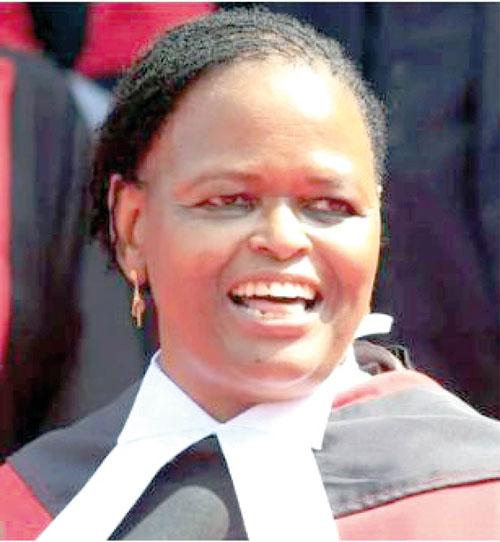In a country once known for political interference in the judiciary, Kenya’s Chief Justice Martha Koome is no pushover: she built her career defending dissidents, and this year her court torpedoed constitutional changes proposed by the president who appointed her.
But her own reputation for independence and fairness is on trial after opposition leader Raila Odinga filed a Supreme Court case on Monday seeking to overturn the results of the Aug. 9 presidential election.
The election commission is split: the chairman announced that Deputy President William Ruto won by about 233,000 votes, but four out of the seven commissioners dissented, saying results were not aggregated correctly. Kenya’s largest civil society election observation group says its count supports the chairman.
Any perceived misstep in the ruling by Koome or the six judges she presides over could damage public faith in the judiciary and imperil the peaceful transfer of power in East Africa’s richest and most stable nation.
The dispute has raised tensions in a nation with a history of deadly election disputes.
“We urge the judiciary to remain an impartial arbiter,” the Angaza Movement, a Kenyan civic and human rights consortium, said on Friday, adding the “tranquillity and peace of the nation” depended upon it.
The stakes are also high for the judges themselves: when Kenya’s Supreme Court nullified the 2017 election results, judges faced a torrent of abuse, were called “crooks” by the president and one of their bodyguards was shot and injured.
Koome, appointed in May 2021 by outgoing President Uhuru Kenyatta, has a reputation for integrity.
Months after her appointment, she quashed broad constitutional reforms backed by both Odinga and Kenyatta, which were widely seen as an attempt to sideline Ruto. Kenyatta fell out with Ruto after the 2017 elections and formed an alliance with Odinga. —AP










